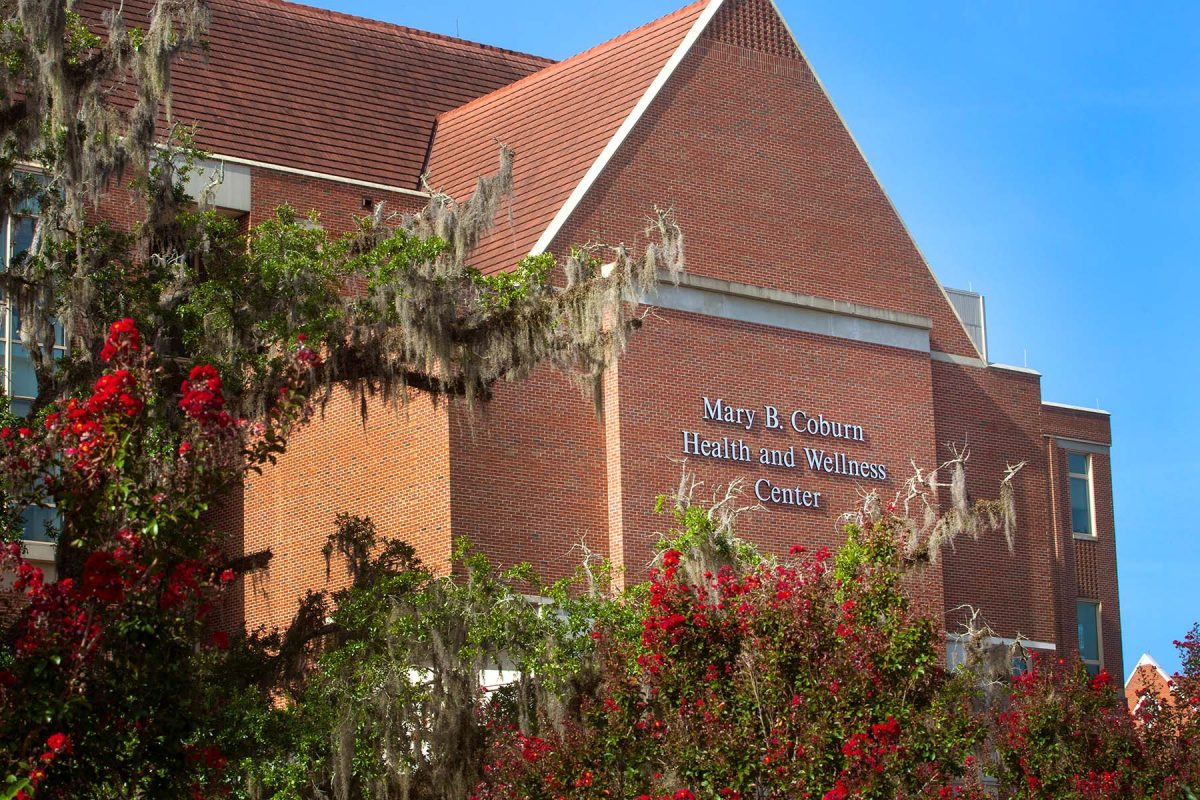
Florida State University has had a 100% tobacco/nicotine-free policy since 2014, and with the help of a new two-year grant from Truth Initiative’s Tobacco/Nicotine-Free College Program, FSU’s Center for Health Advocacy & Wellness (CHAW) can amplify their prevention efforts.
CHAW, which operates under FSU’s University Health Services, was awarded a $20,000 grant to support the vaping prevention program. The university will implement a two-year strategic initiative to strengthen policy awareness and compliance, enhance cessation support through the EX® Program and expand student engagement and peer advocacy.
“This grant allows us to deepen our commitment to a healthier campus by empowering students with the tools and support they need to make informed choices and create a culture of wellness,” said Amy Magnuson, director of University Health Services.
A study published in the American Journal of Preventive Medicine reveals that nicotine content in U.S. e-cigarettes has increased by nearly 250% since 2020, with the sharpest increases found in disposable e-cigarettes. One-third of all young people are at risk of addiction.
“FSU is committed in protecting the health and well-being of our students, employees and visitors,” said Amy Hecht, vice president for Student Affairs. “This grant helps our mission to advocate for health and wellness through our healthcare services and health education programs and courses to promote a healthy lifestyle.”
“This grant allows us to deepen our commitment to a healthier campus by empowering students with the tools and support they need to make informed choices and create a culture of wellness.”
– Amy Magnuson, director of University Health Services.
The grant will help cover training and the addition of several peer educators who will help lead student-driven initiatives and host seminars and tabling events.
“What is most exciting about this grant is that our students are at the center,” said Juan Abril, prevention coordinator for CHAW. “We’ll be working closely with student peer leaders to shape messaging, lead events and create change that is relevant and real to the student experience.”
Abril said he is grateful for the opportunity to provide vaping education and valuable resources to the FSU community. He said that while the grant is aimed to help students, FSU faculty and staff will be encouraged to engage with the programs and resources as well.
“Our goal isn’t to shame people or tell them what to do, but to offer evidence-based facts, support and resources in a way that connects with people,” he said. “Whether you’re thinking about quitting or wanting to understand more about the substances, we’re here to support your journey without judgement.”
The Tobacco/Nicotine-Free College Program has provided funding to more than 235 colleges, universities and college systems to advocate for and adopt a 100% tobacco-free policy since 2015. This is FSU’s first time applying for the grant.
University Health Services is a part of FSU’s Division of Student Affairs. For more information about FSU’s University Health Services, visit uhs.fsu.edu. To learn more about FSU’s Division of Student Affairs, visit studentaffairs.fsu.edu.



